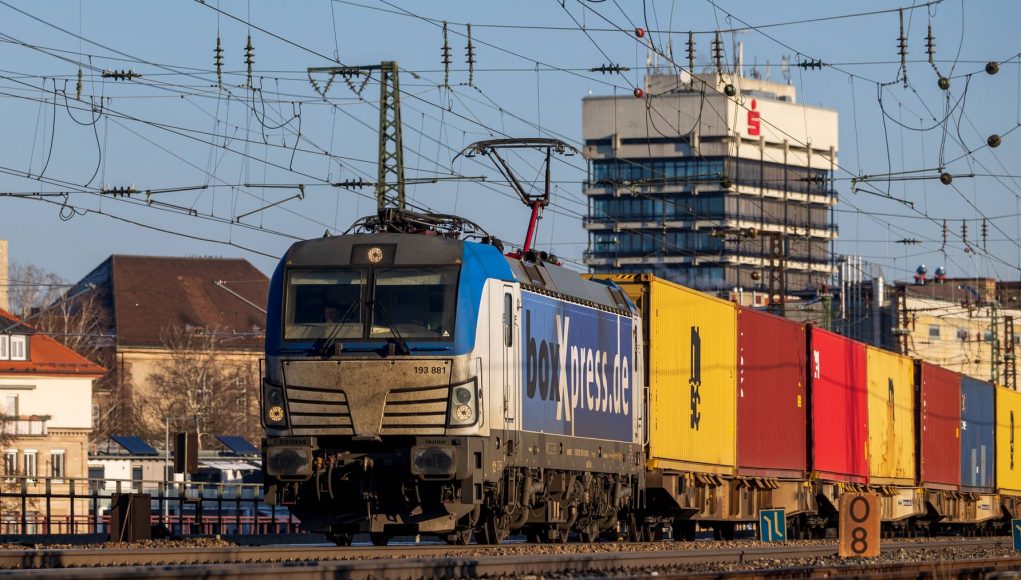Many German industries rely on rail freight transport. Starting on Wednesday, train drivers will be on standstill for six days due to the train drivers' strike. There is a risk of bottlenecks in some sectors.
The collective bargaining dispute with the railways is entering the next round and is even getting worse: the German Locomotive Drivers' Union (GDL) wants to go on strike for six days starting on Wednesday. Train travelers will feel the strike in their daily lives, on the way to work or on a short vacation. But it will also hit some companies hard.
Many industries in Germany rely on the transport of a wide variety of raw materials using freight trains. This includes wood, steel, mineral oil and much more. According to Deutsche Bahn, freight trains transport around 40 million tons of coal every year. According to expert estimates, six days of strike and rail blockade could mean damage to German industry of up to several hundred million euros per day. However, the labor dispute does not affect every industry equally.
Embed
Citizens are probably most interested in the food industry. Will supermarket shelves remain empty? And is there a risk of bottlenecks in the food trade?
Experts in food retail circles say: “We won't notice anything.” The vast majority of freight transport takes place by truck. According to experts, the reason for this is that the railway is too inflexible and too slow to transport food.
Strike takes a toll on the automotive industry
However, the problems are likely to be greater in other sectors. A spokeswoman for the Association of the Automotive Industry (VDA) tells t-online: “The announced six-day rail strike is putting a strain on transport logistics in Germany and Europe and thus also on companies in the German automotive industry.” Companies reacted and, where possible, converted their supply and logistics chains. However, according to the VDA, the short-term switch from rail to road will be “extraordinarily difficult”.
In recent years, many companies have been “forced to shift transport onto the road” – the freight forwarding companies' capacities have largely been exhausted. A “significant transport of finished vehicles” will be carried out by rail. Around 16,000 cars in one day, a quarter of which are distributed and transported domestically and three quarters abroad.
“The ongoing wage conflict is damaging Germany as a business location,” says the VDA spokeswoman. “We appeal to everyone involved to quickly return to the negotiating table and find a solution.”
Embed
Port of Hamburg expects delays
German ports are also affected by the fact that freight trains are not running as usual. A spokesman for the Port of Hamburg responded to a query from t-online: “Due to the GDL's strike call, very severe disruptions in train traffic are to be expected, but a forecast of the exact effects cannot be given.” However, effects on the supply chains would occur after a short period of time. The spokesman also emphasizes that switching to trucks is only possible to a limited extent.
Import containers could not be transported away by rail, but the port of Hamburg is not worried about a lack of space because export containers will also not be delivered due to the strike. So the effect is roughly evened out. “Overall, the length of time containers spend may increase and fewer units will be handled at the rail terminals,” said the spokesman.































